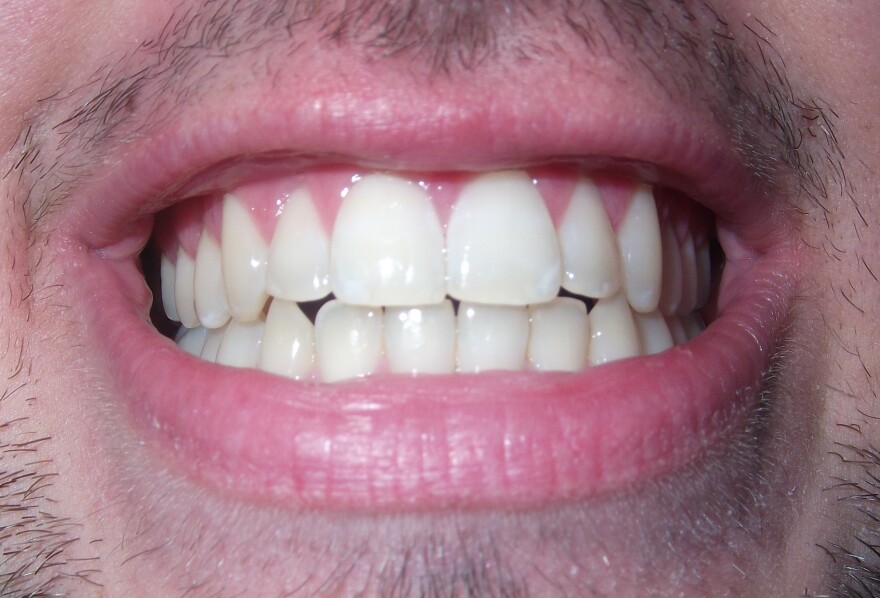Kentucky is second in the U.S. in the incidence of oral and pharyngeal cancers and fifth highest for adults 65 or older who have had all their natural teeth extracted, according to a new study from the Center for Health Workforce Studies.
Margaret Langelier, project director for CHWS, said solving oral health access is an extremely complex problem.
"A single intervention is not going to solve the problem. There needs to be interventions in a number of areas whether it's public policy, reimbursement, workforce," she said.
The report notes Kentucky has been proactive in addressing identified deficiencies in oral health access through state level initiatives and funding for oral health services and programs. The most prominent one being the implementation of the Affordable Care Act and Medicaid expansion, which qualified thousands for dental services.
But even with Medicaid expansion, many in Kentucky remain underserved.
"Those who have lower levels of education, those who are racially and ethnically diverse, those living in rural areas, children in low income families, those with special health care needs, and the elderly are all at risk for very poor oral health," Langelier said.
According to the report, remote geography, low levels of education, limited oral health literacy, and socioeconomic factors all contribute to poor oral health for those individuals and families.

